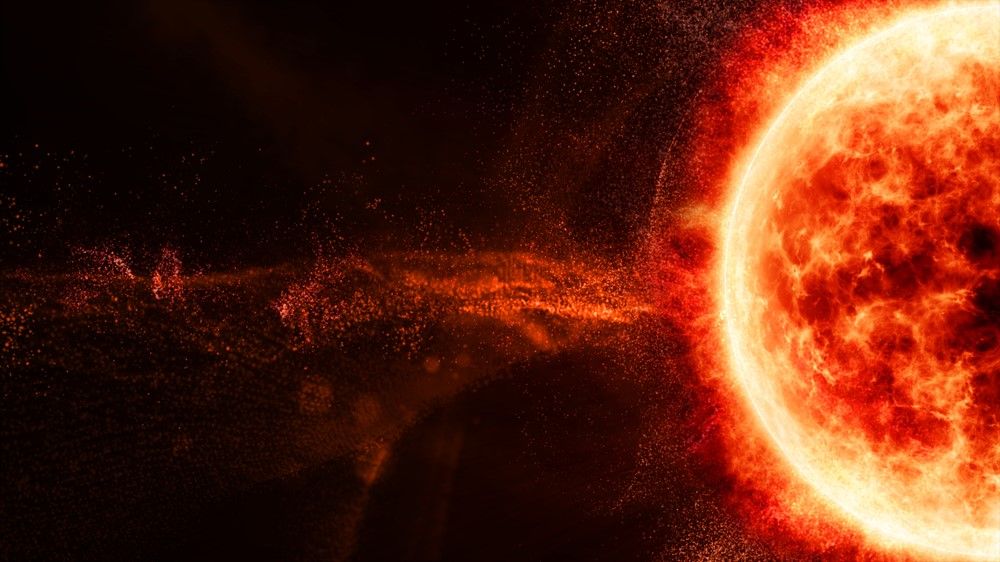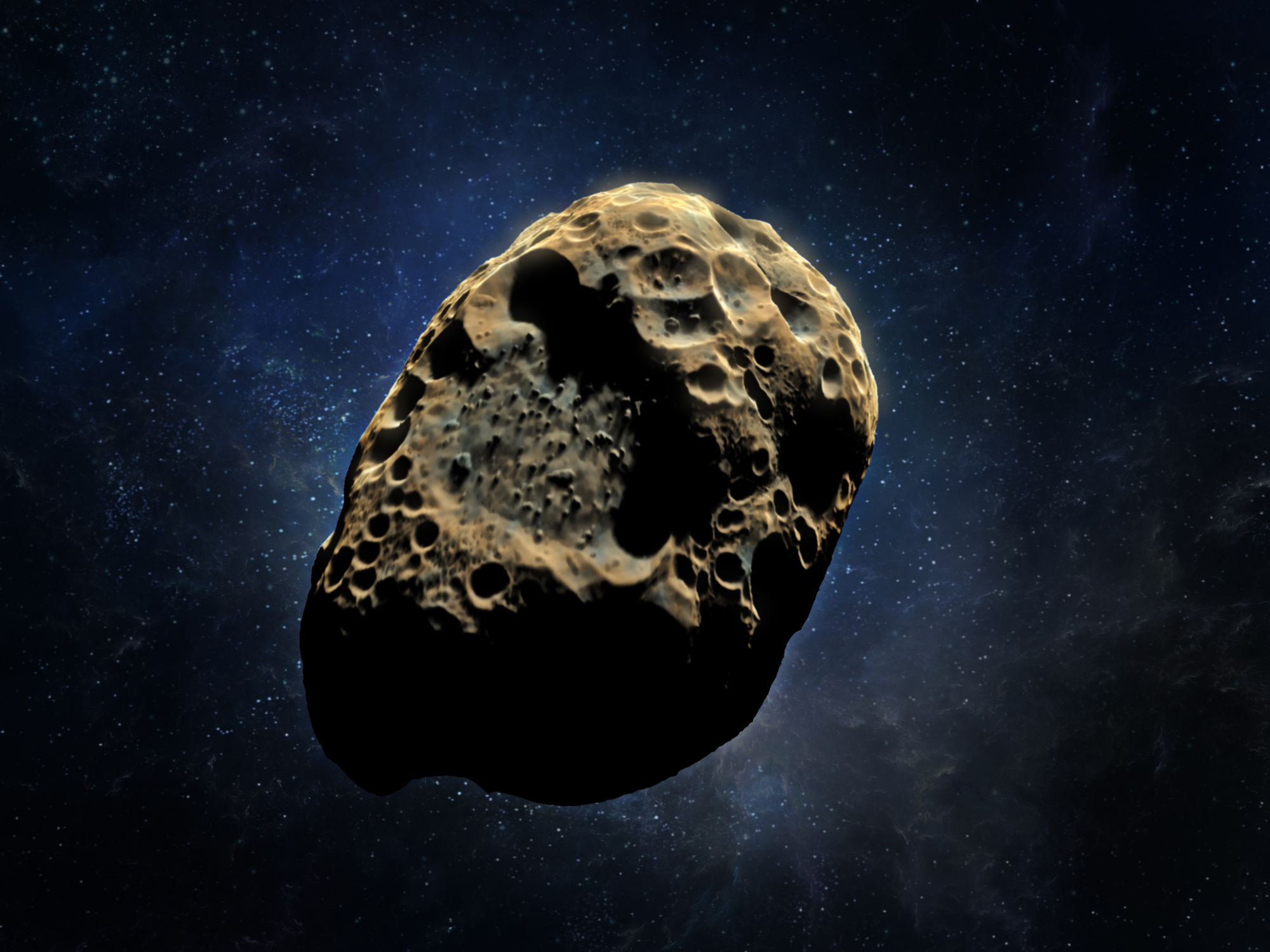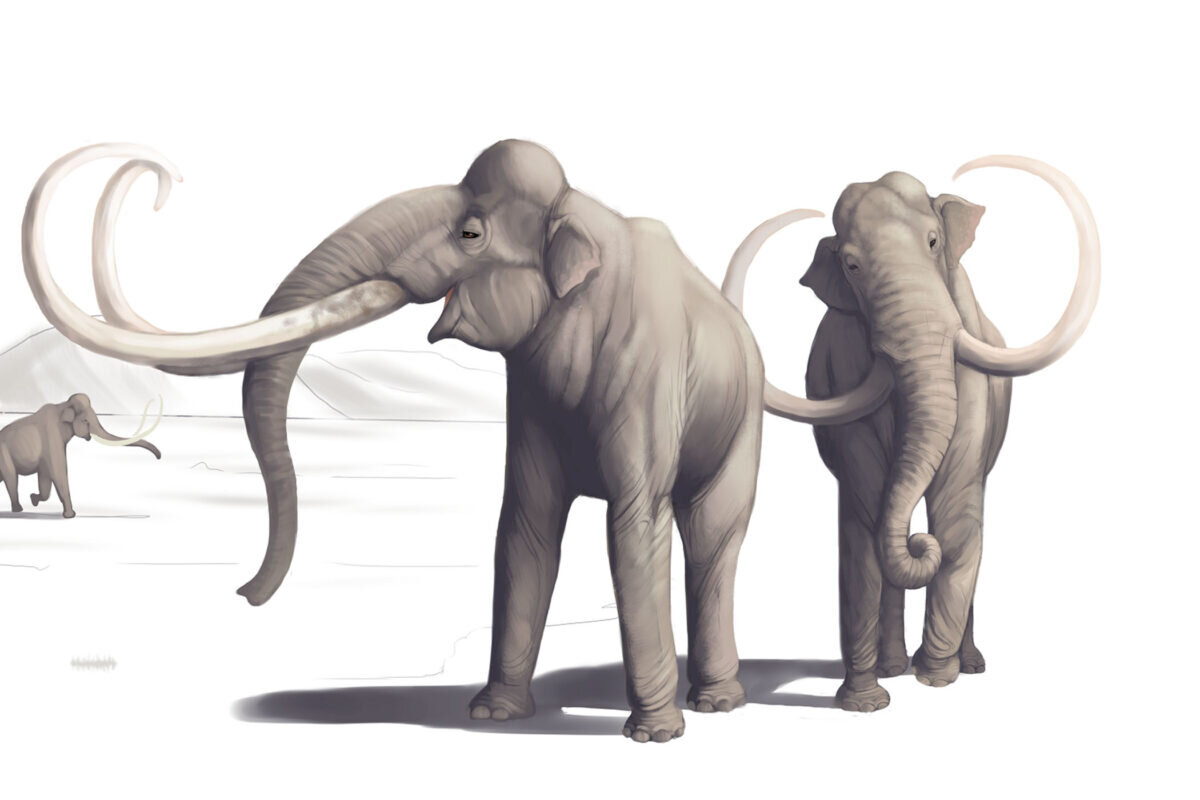The most important shark in our oceans already has a fame for being a delicate large, and it appears there’s extra to it than we ever imagined. Whale sharks (kind of rhinoceros) are filter feeders, thought to rigorously comb the waters for tiny animals like krill.
Among the many litany of tiny swimmers they choose up are greens made up of algae and different photosynthesizing organisms.
This cannot be prevented, however the researchers questioned if this vegetation was simply garnish for the carnivore, or if it supplied the facet salad wanted to maintain it swimming.
Researchers inspecting poop and pores and skin samples have pinpointed what these 10-meter-long (32-foot) ocean vacuums truly use from the enormous swimming pools of water they suck by means of their techniques.
“The poo confirmed they had been consuming krill,” says College of Tasmania organic oceanographer Patti Advantage. “However they do not metabolize a variety of it.”
As a substitute, whale sharks, that are actual sharks with cartilage as an alternative of bone, appear to extract vitamins from a bunch of algae.
“It is inflicting us to rethink every thing we thought we knew about what whale sharks eat,” says Mark Meekan, a fish biologist on the Australian Institute of Marine Science. “And, in actual fact, what they do within the open sea.”
Meekan and colleagues’ tissue evaluation additionally revealed a fatty acid profile that was extra according to the omnivore than the carnivore. They discovered pores and skin wealthy in arachidonic acid (ARA), which is barely current in enough quantities to clarify the degrees present in whale sharks, within the floating macroalgae Sargassum.
In 2019, one other research utilizing tissue samples additionally discovered proof that whale sharks truly feed on not less than some organisms decrease within the meals chain, comparable to crops and algae. Furthermore, they aren’t the one omnivorous sharks: Bonnethead sharks (Sphyrna tiburo) eat a variety of seagrass.
These animals, additionally known as shovelheads for apparent causes, ceaselessly swallow plant matter on account of looking small prey like crabs, molluscs, and fish in dense seagrass habitats. So their have to cope with this plant materials passing by means of their physique is probably going what resulted of their skill to digest it.
The identical could have occurred to whale sharks, the researchers suspect. Of their evolutionary previous, they might have initially swallowed algae to digest the animals that stay there (epibionts), however now they’ll additionally digest and use the algae themselves.
“So the imaginative and prescient we now have of whale sharks coming to Ningaloo simply to feast on these little krill is barely half the story,” says Meekan. “They’re truly on the market consuming a good quantity of seaweed too.”
Sadly, to search out sufficient of this floating natural matter, whale sharks should comply with ocean options comparable to floor currents that deliver these floating meals sources collectively. These similar traits additionally mixture pollution within the ocean like plastic – so whale sharks find yourself by accident feasting on them too.
Meekan noticed a few of this plastic seep into the whale shark’s poo. However doing so dangers decreasing their intestinal capability, slowing their digestion, or inflicting them to regurgitate their meals, the group notes of their paper. This might hurt these endangered animals which have seen a inhabitants decline of 62% over the previous 75 years.
“On land, the entire bigger animals have all the time been herbivores,” Meekan explains. “Within the sea, we have all the time thought that animals that received actually massive, like whales and whale sharks, consumed a rung of the meals chain with shrimp-like animals and small fish.
“It seems that possibly the system of evolution on land and in water is not so totally different in spite of everything.”
This analysis was printed in Ecology.
#Scientists #Uncover #Worlds #Greatest #Shark #Isnt #Carnivore



